Power Subsidy Rises, Tariff Increase Likely
Electricity consumers on Band A feeders may face a possible tariff increase following a sharp rise in power subsidy, which hit N181.63 billion in September.
According to the Nigerian Electricity Regulatory Commission (NERC), the government’s subsidy burden increased from N102.30 billion in May, sparking fears of another tariff hike if power generation costs do not stabilize.
Join our WhatsApp ChannelPower Subsidy Reaches Record High
Government records show that the electricity subsidy has grown significantly over the past few months. In April, the subsidy stood at N140.7 billion, but as of September, it surged to N181.63 billion. The jump is attributed to a combination of foreign exchange fluctuations and rising inflation rates.
“The government is doing its best to manage these costs, but the rising dollar exchange rate is a significant challenge,” said a representative from the Ministry of Power.
The NERC confirmed that inflation and the dollar-to-naira exchange rate were key factors driving the cost of electricity. The dollar exchange rate moved from N1,494.1 in July to N1,601.5 in September. This sharp increase has had a direct impact on electricity tariffs, raising concerns among consumers.
READ ALSO: Nigerian Govt Suspends Hike In Electricity Tariffs Amid N1.6trn Power Subsidy
Foreign Exchange and Inflation Impact Subsidy
The foreign exchange crisis continues to be a major factor in the power subsidy rise. NERC documents reveal that the naira weakened against the dollar, contributing to the escalating subsidy payments.
“We cannot ignore the fact that global and local economic factors are pushing these costs up,” a senior NERC official explained.
The tariff for Band A customers, who receive a minimum of 20 hours of electricity daily, rose from N206.80/kWh in May to N209/kWh in July. However, it is still unclear how much further it could increase, especially as the subsidy for September alone climbed by over N20 billion from August.
Tariff Hike Speculation Grows
As the subsidy keeps rising, many electricity customers are concerned about a potential increase in tariffs. Labor unions and consumer rights groups have voiced their opposition, pointing out that many Nigerians already struggle with the current costs.
“We are already paying more than we can afford. Increasing tariffs again will only add to the economic hardship people are facing,” said Adeola Akinwale, a customer in Lagos.
Meanwhile, NERC continues to monitor power generation costs. The commission notes that inflation and foreign exchange rates are beyond the control of the power sector, and any decision on future tariffs will reflect these realities.
Discos Push for Higher Tariffs
Distribution companies (Discos) have also expressed frustration over non-cost-reflective tariffs. According to an official from one Disco, some companies are refusing to pick up extra electricity from the grid due to the financial strain.
“As it is now, we are operating at a loss. They supply more power, but we cannot recover costs without higher tariffs and more meter penetration,” the official stated.
The Minister of Power, Adebayo Adelabu, has called on Discos to increase their energy uptake to avoid further strain on the national grid. “We recently hit 5,000 megawatts, but unfortunately, 1,400MW had to be ramped down because the Discos couldn’t pick it up,” Adelabu said.
Despite the current challenges, the minister expressed hope for improvements, announcing plans to raise power generation to 6,000 megawatts by the end of the year.
Emmanuel Ochayi is a journalist. He is a graduate of the University of Lagos, School of first choice and the nations pride. Emmanuel is keen on exploring writing angles in different areas, including Business, climate change, politics, Education, and others.
- Emmanuel Ochayihttps://www.primebusiness.africa/author/ochayi/
- Emmanuel Ochayihttps://www.primebusiness.africa/author/ochayi/
- Emmanuel Ochayihttps://www.primebusiness.africa/author/ochayi/
- Emmanuel Ochayihttps://www.primebusiness.africa/author/ochayi/

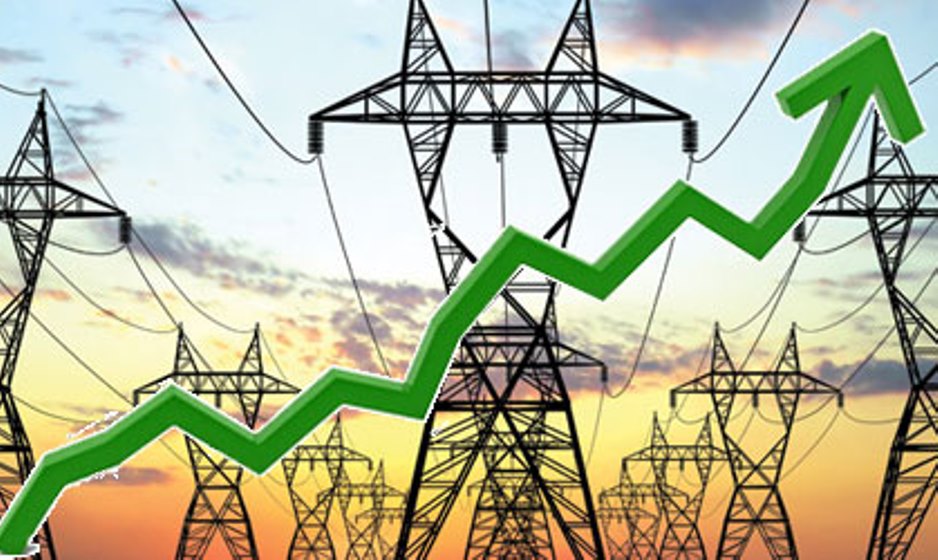

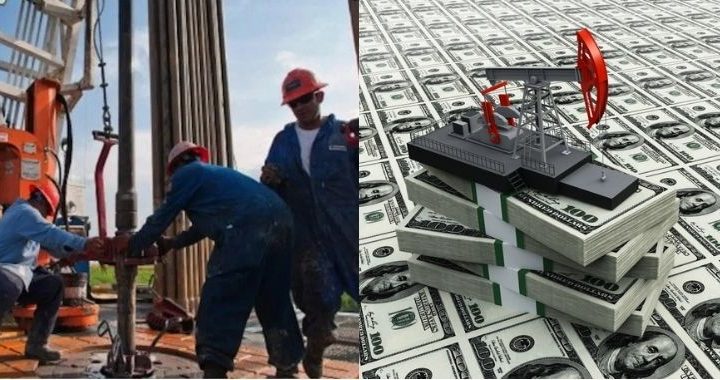
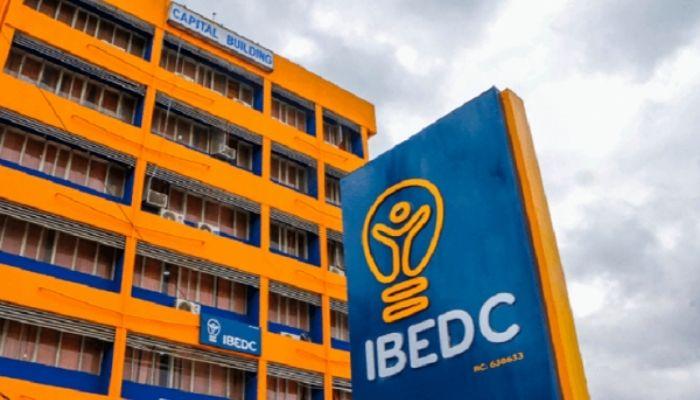
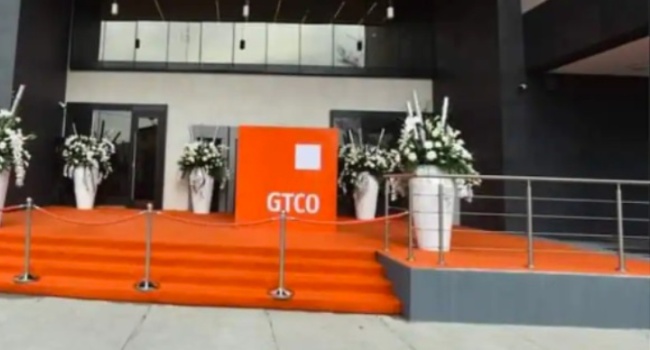









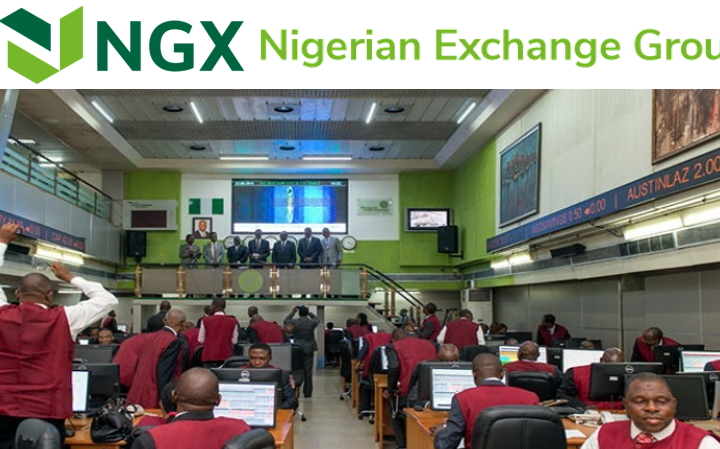
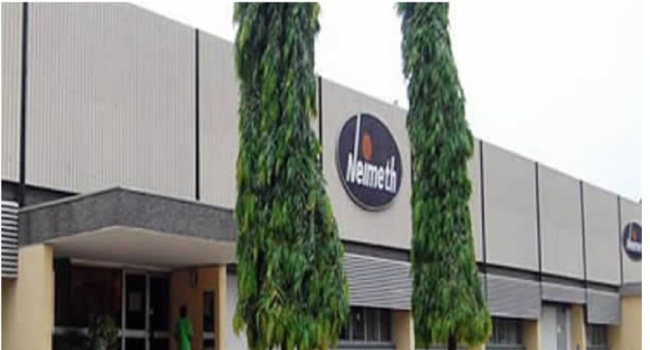
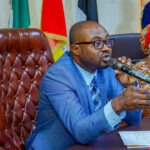
Follow Us